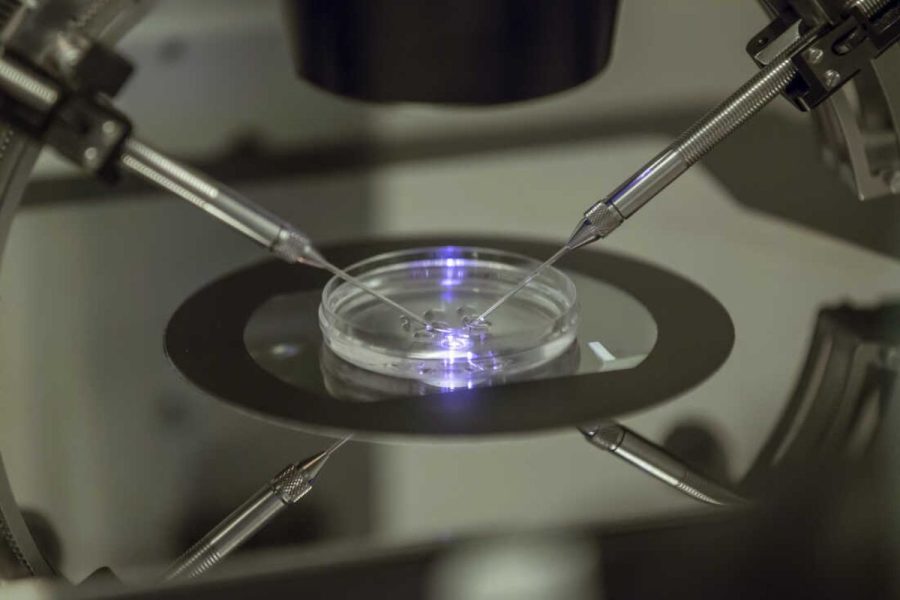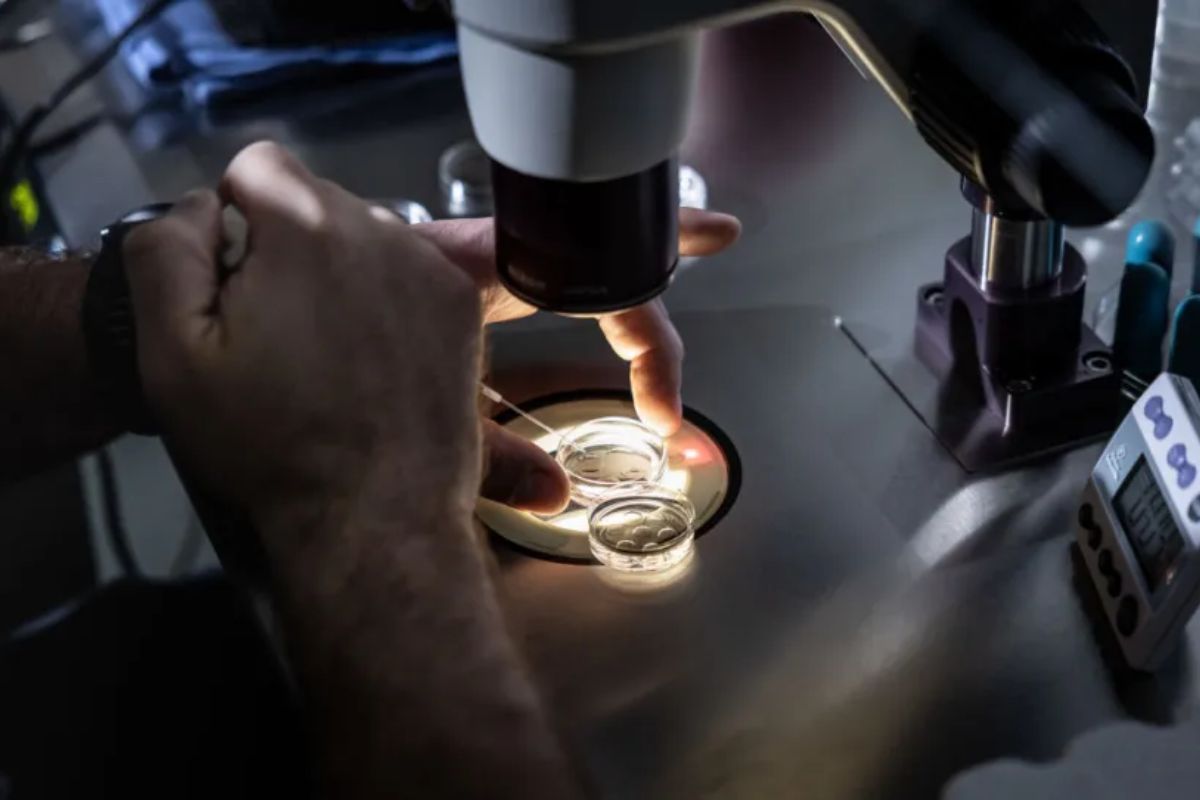Alabama Rushes to Shield IVF Clinics: The recent move by Alabama to provide blanket immunity for IVF clinics has ignited a heated debate among legal experts, bioethicists, and the general public. This swift legislative decision comes in the wake of a significant Supreme Court ruling, prompting questions about its implications and the potential ramifications for patients and providers alike.
Critics argue that such a broad immunity may lead to unforeseen consequences, raising concerns about accountability and ethical considerations. As the controversy unfolds, the lack of in-depth discussions on the complex ethical issues at play underscores the need for a closer examination of the balance between legal protection and ethical responsibilities in the realm of assisted reproductive technology.
Alabama Legislature Passes Controversial Blanket Immunity for IVF Clinics
The Alabama Legislature’s recent decision to grant blanket immunity to in vitro fertilization (IVF) clinics has sparked controversy and raised concerns over potential implications for legal accountability in cases involving the destruction or harm of human embryos. This move, aimed at safeguarding IVF access, has faced criticism for potentially eroding the legal protections of patients whose embryos may be subject to negligent handling. The bills, passed by both the House and Senate, now await the signature of Alabama Governor Kay Ivey.
Critics argue that the legislation’s broad immunity provision could shield IVF clinics from civil or criminal liability, even in cases of gross negligence resulting in the destruction or harm of human embryos. This has ignited debates regarding the balance between facilitating medical procedures like IVF and ensuring accountability in cases where mistakes or misconduct lead to detrimental outcomes for patients. The implications of granting blanket immunity to IVF clinics are being closely scrutinized, with concerns raised about the potential precedence it may set for legal accountability in the medical field.
Legislative Context and Speedy Response to Recent Supreme Court Ruling
Promptly responding to a recent state Supreme Court ruling, the Alabama Legislature took decisive action regarding the legal landscape for IVF clinics. This legislative action was a direct response to the ruling that permitted fertility clinics to face lawsuits for the negligent destruction of embryos under Alabama’s Wrongful Death of a Minor Act.
The urgency in addressing this issue stemmed from the concerns raised by the Supreme Court decision, which had already led to some clinics pausing their IVF treatments. Moreover, the political environment, influenced by unfounded allegations associated with the 2022 Dobbs Supreme Court decision, expedited the legislative process.
The swift response by the Alabama Legislature highlights the significance of adapting the legal framework to address emerging challenges in the field of reproductive technology. By swiftly enacting measures to shield IVF clinics, policymakers aimed to provide clarity and protection for both clinics and individuals involved in fertility treatments, ensuring that the uncertainties arising from recent legal developments were swiftly addressed.
Critics Warn of Unintended Consequences and Broad Immunity
In light of the legislation swiftly enacted to shield IVF clinics in response to recent legal developments, concerns have been raised by critics regarding the broad immunity granted and the potential unintended consequences associated with the proposed law. Opponents, including legal experts and bioethicists like Notre Dame law professor Carter Snead, express worry over the sweeping and absolute immunity provided by the legislation.
The bill’s retroactive application and coverage of ‘any individual or entity’ involved in harming or destroying human embryos during IVF-related goods or services have sparked unease. While critics acknowledge the necessity to address negligent behavior highlighted in a recent Alabama Supreme Court case, they argue that the law’s expansive reach may inadvertently have adverse effects on IVF patients.
The broad scope of immunity granted by the law is seen as potentially shielding clinics and individuals from accountability in cases where wrongdoing or harm has occurred, raising questions about the balance between protecting clinics and ensuring patient safety and justice.

READ MORE: Alabama Woman Stuck in Legal Limbo for IVF Legal Protection
Lack of Debate on Ethical Complexities and Calls for Further Consideration
Amid the rapid legislative developments surrounding the shielding of IVF clinics in Alabama, a notable absence of substantial debate on the ethical complexities of the proposed blanket-immunity legislation has emerged, prompting calls for further thoughtful consideration. The following points highlight the critical aspects that necessitate deeper examination:
- Ethical Implications: The lack of thorough discourse fails to address the profound ethical dilemmas associated with granting blanket immunity to IVF clinics, potentially overlooking issues such as patient rights, embryo disposition, and genetic screening protocols.
- Long-Term Ramifications: Rushing through legislation without a comprehensive ethical debate may lead to unintended consequences that could impact not only current practices but also future regulations and societal norms in reproductive medicine.
- Public Engagement: A more extensive ethical discussion involving experts, stakeholders, and the public is essential to ensure transparency, accountability, and the incorporation of diverse perspectives into the decision-making process.
As stakeholders advocate for a more deliberate approach to navigating the ethical complexities of IVF clinic immunity, the urgency for thorough consideration becomes increasingly apparent in shaping responsible and sustainable legislation.
News in Brief
Alabama’s recent move to grant blanket immunity to IVF clinics sparks controversy after a Supreme Court ruling. Critics fear unintended consequences, citing concerns about accountability and ethical considerations. The legislation, passed swiftly by the Legislature, awaits Governor Kay Ivey’s signature. Critics, including legal expert Carter Snead, warn of the broad and retroactive nature of immunity, potentially shielding clinics from accountability. The lack of in-depth ethical discussions raises calls for thoughtful consideration. The urgency to address recent legal developments highlights the need for a balanced approach, ensuring patient safety and justice while protecting IVF clinics.

